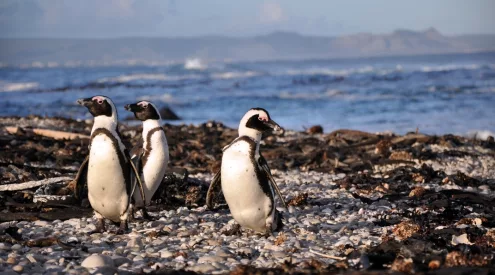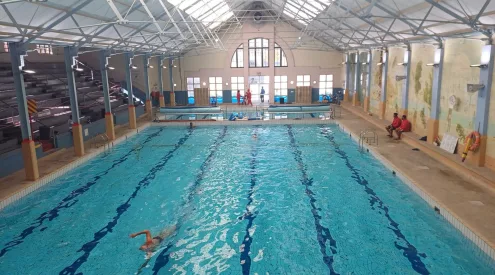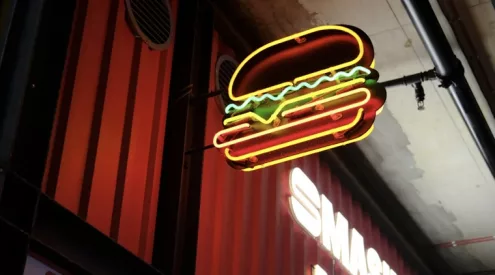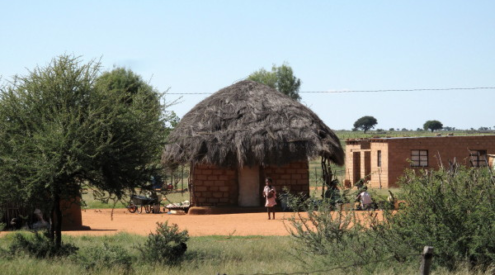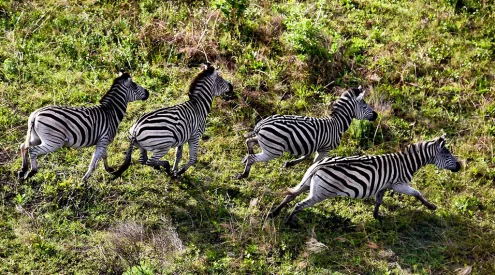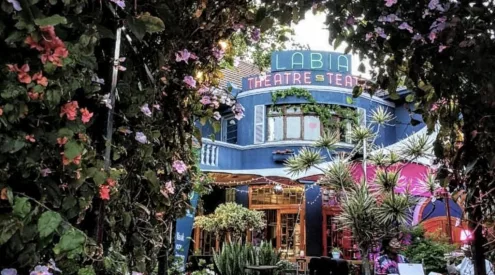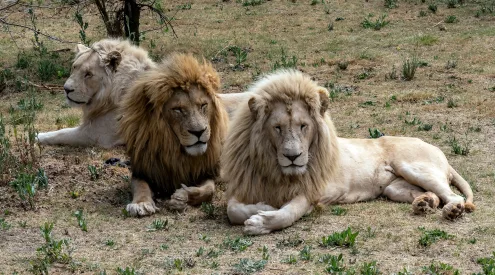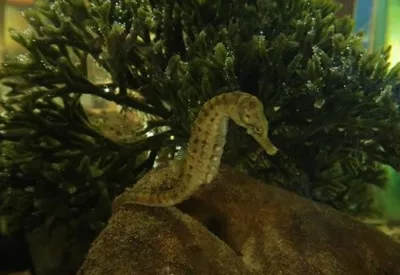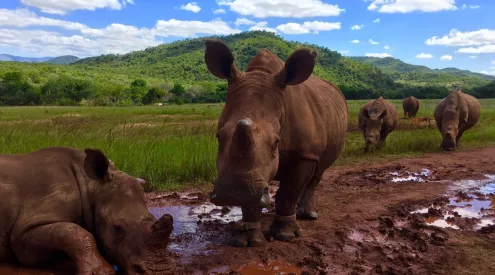Single-use plastic has been banned in 18 African states, but South Africa is yet to follow suit. Over 80% of plastic goes un-recycled in South Africa, and each person uses up to 50kg a year. Now, tiny pieces of plastic have entered our fresh and ocean water and, in turn, our food chain.
This is a global problem, one so universal that National Geographic has reached out to people across the world to brainstorm solutions to the plastic waste crisis through a competition called the Ocean Plastic Innovation Challenge.
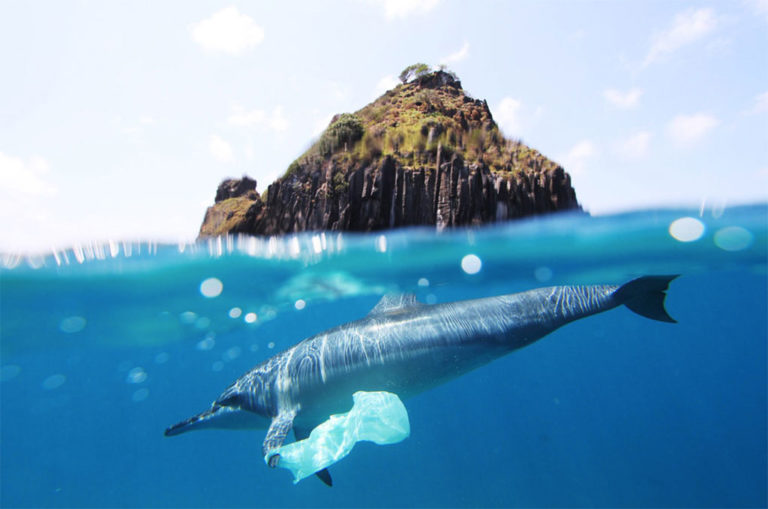
The top 10 finalists in each category will win $5,000 (about R69,000) each. Finalists will compete for a prize of $100,000 (R1,375,000) and two second-place prizes of $45,000 (about R618,000) each can be won. The winning team will get over $1-million (about R14-million) in investment into their world-saving idea.
Entrants are asked to think of alternatives to plastic waste in one of three ways and enter either the competiton via the pakaging design track, data visualisation track or circular economy track.
If an ocean wave of plastic has infuriated you, stretch your mind to think of how food and beverage packaging can be redesigned to cut out the plastic waste. The packaging needs to be fully recyclable and free of additives, colourants or adhesives. No creation of microplastics allowed.
If you are the one who has convinced your family, friends, school or office to switch to recycling, then stretch your mind further and come up with a way to get the whole world on board. Not only does the product need to change, but so do people’s minds. Show people why, how, where, when and why they should reduce plastic waste using visualised data.
Changing products and minds is one thing, but connecting those people to new products is another. Get them to value plastic alternatives and by thinking of a new way to do business without single-use plastics. Because you’re changing the economy, a business model needs to be part of your big idea.
Registration opens on 11 February and the initial submission deadline is on 11 June 2019. The finalists will be selected on 8 July and will have to re-submit on 11 November. During the week of 9 December finalists will pitch their solution to a panel of expert judges. That week, a winner will be announced.
Submit your solution here.

